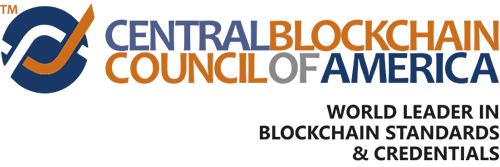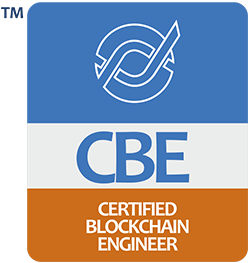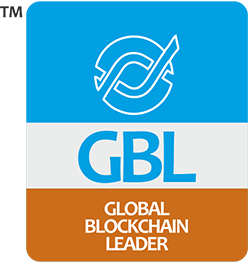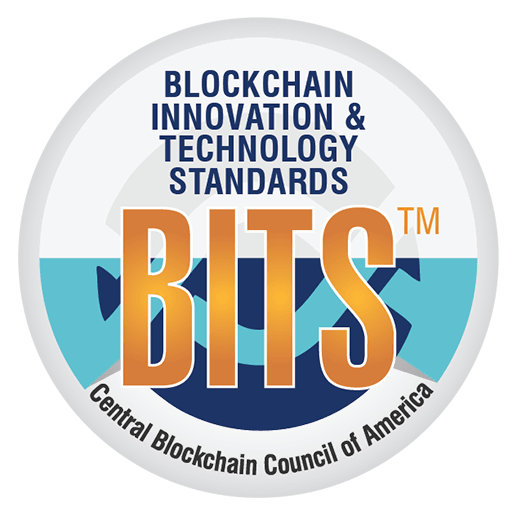Aug 28, 2020
As decades rollover, the entrenchment of blockchain technology in the strategic aspect of an organization is evolving. Business leaders now observe blockchain as a strategic solution and integral to innovation.
Evidently, organizations are increasing their investments in staffing and technology adoption. We witness an improvement pattern in the blockchain sentiment - 55 % as against 53% in 2019 and 43% in 2018, Deloitte’s latest survey reports.
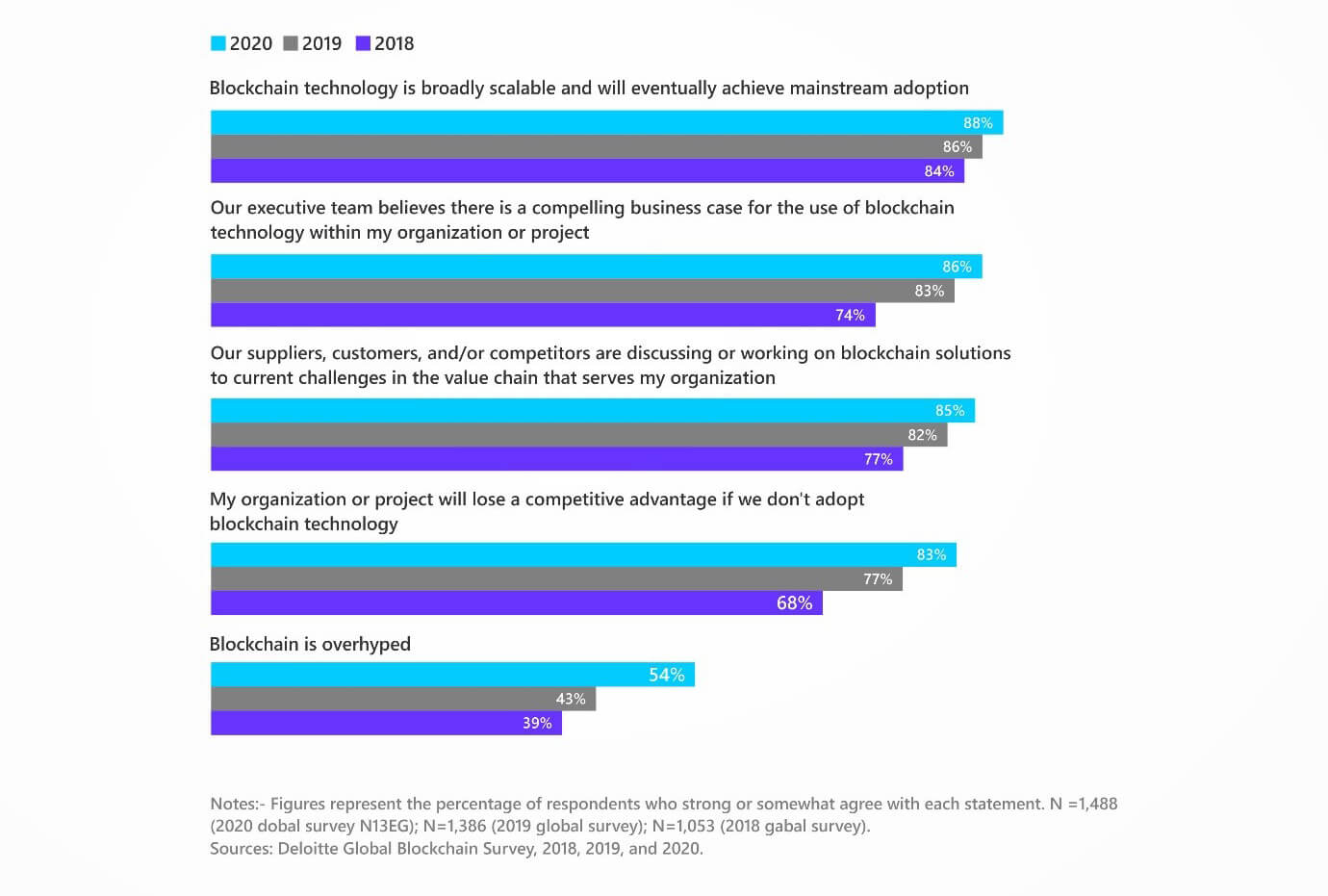
Further, the survey report affirms that many have already incorporated blockchain into production and have realized more than USD 100 million [41%] and USD 1 billion [46%] in revenue.

But, the implementation of blockchain technology in compliance with the existing laws is a daunting task for many. The main concerns to blockchain adoption as expressed by blockchain leaders include:
- Complex regulations and trust factor
- Issues around integration with legacy technology
- Lack of understanding of blockchain’s capabilities
Let’s understand to tackle this regulatory uncertainty - the top barrier to blockchain adoption for global blockchain leaders.
Regulatory complexity as the barrier to blockchain adoption
Blockchain demands a complete transformation of business models, roles, and processes. It requires a clear business case, an ecosystem, rules, standards, and flexibility to deal with regulatory change. So, many C-suite executives and senior-level managers find regulatory complexity as one of the top barriers to blockchain adoption.
According to Arnold Spencer, Coinsource, “though a company embraces blockchain strategy, it will not be successful until the regulators work out in favor of them. As a result, many companies are reluctant to rely on blockchain unless they feel confident about regulators.
The multi-facets of regulatory uncertainties that daunts global blockchain leaders include:
- What is legitimate?
- What are the investment rules?
- How to legitimize a transaction?
[ An agreement between two parties for a transaction may not meet security or legal requirements.]
- Lack of relevant law within many jurisdictions
- Patchwork of evolving state law in the U.S.
- Lack of models that illustrate how existing laws will apply to blockchain applications
How global blockchain leaders can address these issues?
Let’s talk about it.
Dealing with regulatory uncertainty
As the saying goes, the greatest challenge also is the greatest opportunity. The absence of regulatory harmony in a blockchain and digital assets construct offers the chance to forge common guidance and establishment of best practices. Many are confident in meeting regulatory requirements, Deloitte reports.
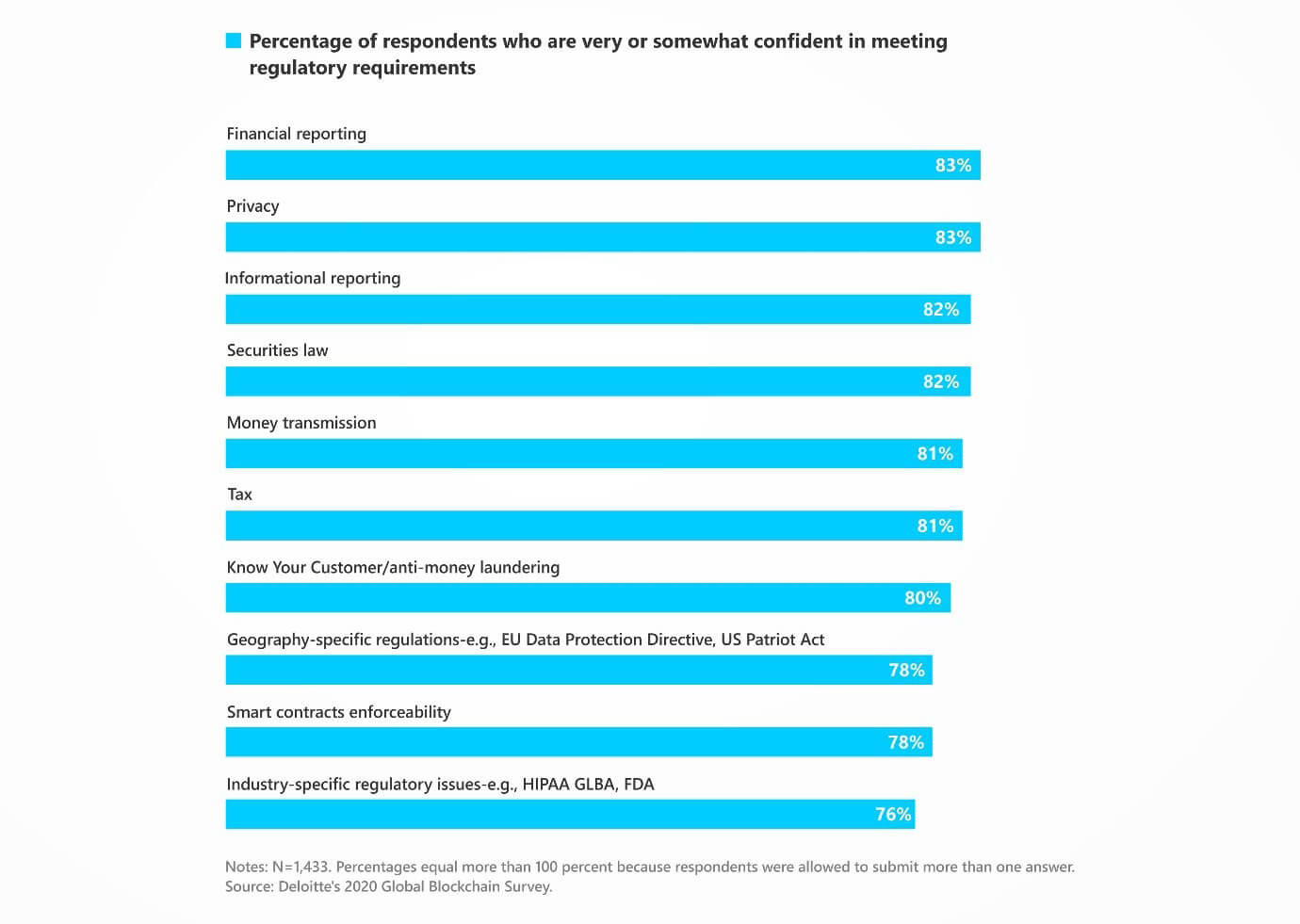
As legislators and governments recognize the potential benefits of blockchain, regulators are unlikely to restrict the use of blockchain applications. Rather, they tend to focus on creating standards for smart contracts or data storage. So, leaders must not misinterpret the lack of regulation as a prohibition from using the technology and ensure that it complies with the broader and relevant laws. They can explore, develop, and pilot blockchain implementation and determine the most effective uses, where there are no blockchain-specific laws.
Moreover, the regulators will not punish the companies that use blockchain technology with care and in good faith. Blockchain leaders need to:
- research the reliability of each application;
- ensure the security and privacy of sensitive information; and,
- should not use the technology for predatory smart contracts.
A small-scale pilot of the application is the best strategy when little reliability information is available.
Further, individual states rather than the US government, have adopted blockchain-related legislation. For instance, Vermont enacted a law creating a new business entity type. Likewise, Delaware passed an act that allows the use of blockchain to administer corporate stock records.
So, blockchain leaders can implement blockchain applications subject to any existing laws. Likewise, companies with multistate operations should be vigilant to the evolving legal patchwork. It is recommended to:
- Rely on counsel to stay up-to-date, and
- Use blockchain state legislation tracker to track state regulatory updates.
The French Data Protection Authority has published an initial assessment of the fundamental architecture of a blockchain for exercising a data subject’s rights under the EU General Data Protection Regulation [GDPR]. Leaders can work with counsel and blockchain experts while assessing risks related to the existing laws.
To summarize…
Blockchain implementation requires an understanding of the technology and expertise on the text and application of the specific law. Global blockchain leaders can depend on these 3 aspects when adopting blockchain applications:
Use advanced analytics:
Advanced analytics using sophisticated techniques and tools enable blockchain leaders to discover deeper insights, make predictions, and generate recommendations to implement blockchain-enabled applications.
Hunt failure models:
Hunting failure models enables leaders to understand failure rates, frequencies, and other statistical details. Validated failure models help them to develop, design, and analyze methodologies; predict, test, and demonstrate techniques and allocation procedures; and, manage them.
Conduct due diligence:
A triangular review due diligence approach – legislation, competency, and capacity enable leaders to obtain astute and timely feedback on the quality and accuracy of blockchain implementation. Thorough due diligence investigations allow leaders to make informed decisions and avoid surprises at the end.
Staying agile to meet the evolving regulatory requirements is the solution to navigate through the uncertainty phases. In this context, the Global Blockchain Leader - GBL™ qualification helps the leaders to select methodologies for enterprise adoption, address practical, societal, and governance challenges across industries and verticals. This qualification serves the senior professionals responsible for developing blockchain as a new business horizontal for their organizations.
Earn a credential to refine, strengthen, and expand your perspective to leverage blockchain for organizational benefits.
